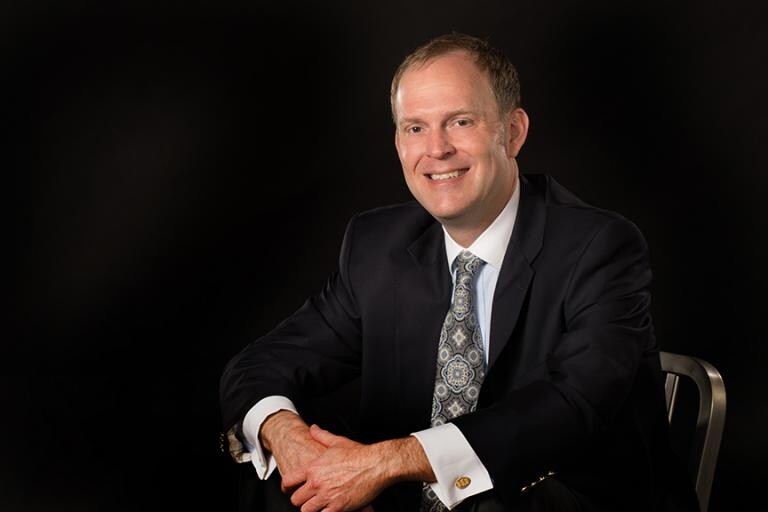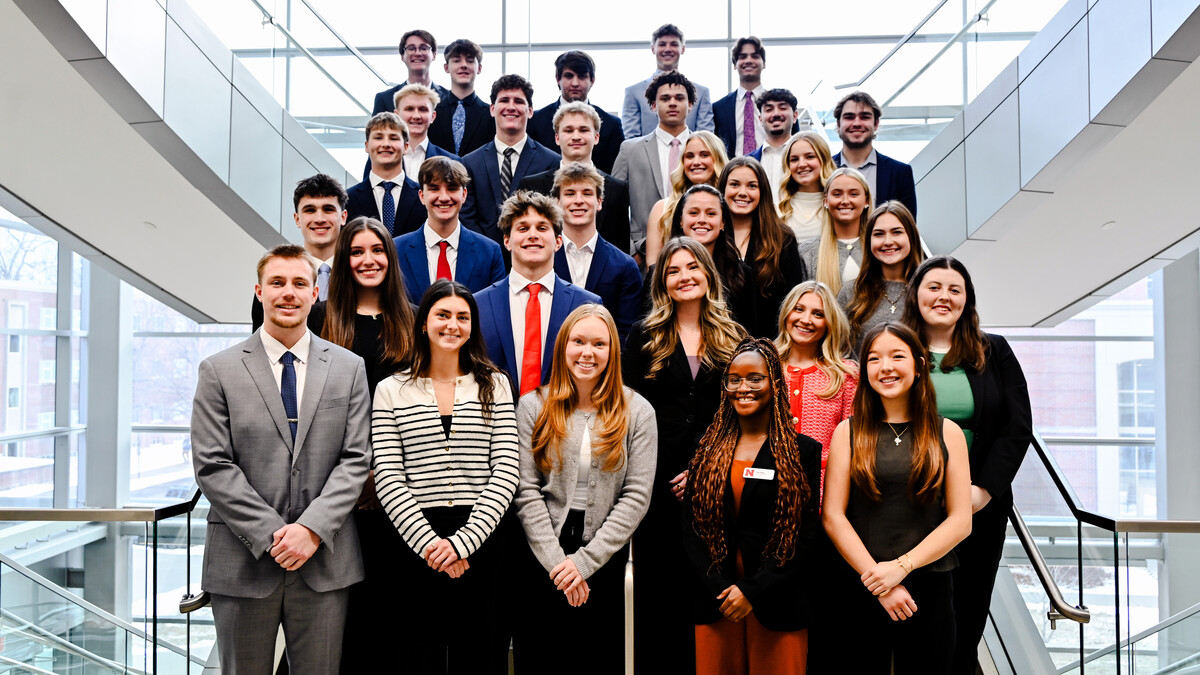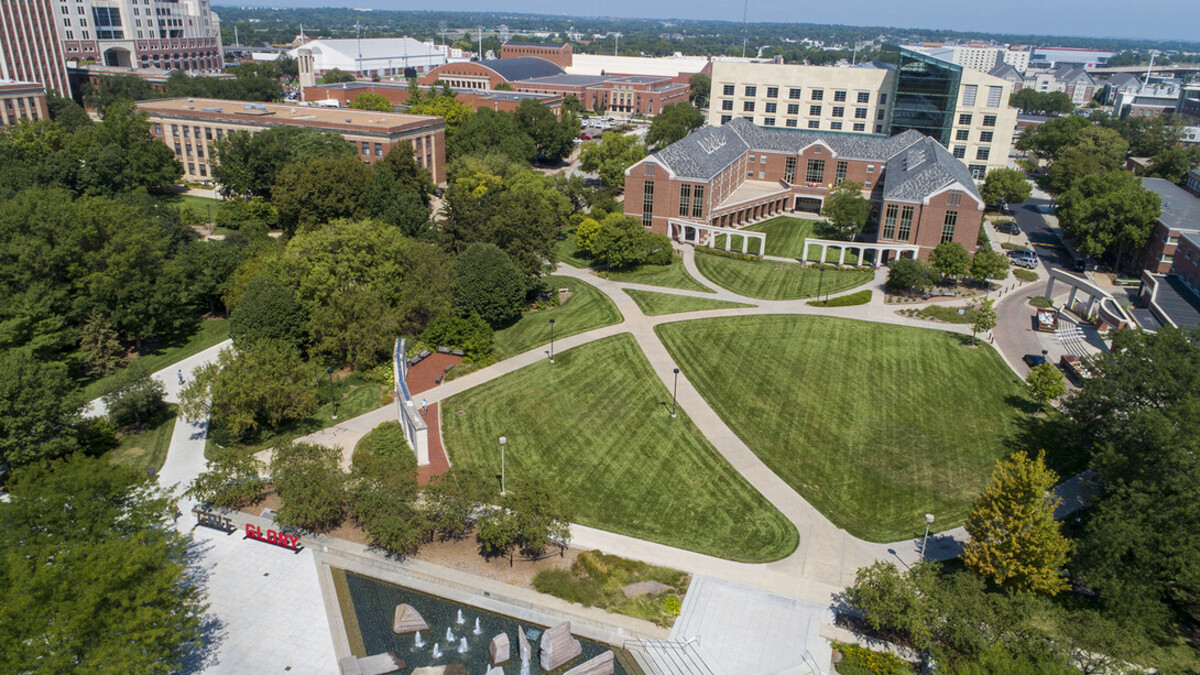
Mark Clinton, professor of piano, is performing a recital, “The Power of the Tritone,” at 7:30 p.m. March 25 in Kimball Recital Hall.
No in-person audience will be allowed. The free recital will be available by live webcast. A link to the performance will be available the day of at the Glenn Korff School of Music’s website.
In Western harmony, the tritone is the interval between two notes separated by six half steps. It is considered the most harmonically unstable of intervals and represents the greatest possible harmonic distance between two different key areas (for example F to B).
Clinton said the idea of the “tritone” relationship was something that evolved later in the process of building the program.
“I first started with the Chopin F minor Ballade (No. 4) — a piece that I dearly love and definitely wanted to feature on this program,” Clinton said. “That led me to think about the key of F minor, which is a key that is often associated with passion. The famous Canadian pianist Glenn Gould once said that if he could be any key, he would be F minor because ‘It’s rather dour, halfway between complex and stable, between upright and lascivious, between gray and highly tinted… There is a certain obliqueness.’”
Clinton knew that later in his life Chopin was interested in the works of J.S. Bach. Thinking about that connection, he decided to include the Bach Prelude and Fugue in F minor from the Well-Tempered Clavier Book II into the program.
“Not surprisingly, the prelude is quite lyrical (like much of the Chopin Ballade), and the fugue is driving and passionate (much like the culmination of the Ballade),” he said. “At that point in the program’s evolution, I needed a bit more music to fill out the first half. I immediately thought of the Beethoven Sonata in F major, Op. 10, No. 2. One of the interesting things about that sonata is the composer’s choice of key for the second movement—it is the parallel minor, or F minor. Again, there is a similar mood of lyricism underpinned with passion evoked by Beethoven in this movement.”
For the second half of the program, Clinton will perform Franz Liszt’s Sonata in B minor, S. 178.
“I have performed [it] many times in my career, but never here in Lincoln,” he said. “THAT led me to think about the ‘power of the tritone,’ given that the first half was entirely in either F minor or F major, and the second half is comprised of Liszt’s essay on the universe of B minor.”
Clinton said audiences should expect both passion and lyricism from the concert.
“Given the predominance of the key of F minor in the first half, they should expect lots of passion and lyricism,” he said. “As for the second half, the Liszt is a half-hour musical narrative that also is one of the most ‘orchestral’ piano works ever written. It’s written as one contiguous movement, but it subdivides into four major sections. Suffice it to say that is quite a wild ride.”







